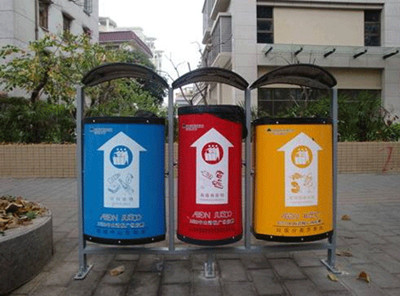Now the news continues.
China has taken several steps towards building a large and quality team of teachers over the past five years, including free education programs that trained more than 50,000 rural educators.
The Ministry of Education said that as of 2014, China had 15 million teachers across the country, 1 million more than in 2010.
Fifty-six percent of primary and middle school teachers are under 40 years of age and 72 percent of university teachers are under 45, indicating a younger and more vigorous workforce compared to 2010.
The ministry also said more than 50,000 teachers were trained for rural schools under free education programs over the past few years.
From 2010 to 2015, six teachers colleges administered by the ministry, including Beijing Normal University, Central China Normal University in Wuhan, Hubei province, and East China Normal University in Shanghai, recruited more than 50,000 students. The students received a free education and were dispatched to jobs at primary and middle schools in rural areas.

You're listening to NEWS Plus Special English. I'm Mark Griffiths in Beijing.
The push for garbage classification has advanced sluggishly and mostly fruitlessly in much of China, but Beijing is adopting an innovative way to try to encourage the practice in the capital.
At a recent news briefing, Beijing's sanitation department said the capital will popularize the sorting of garbage through the application of quick response codes. Under the new system, residents who register for an account on China's most popular instant messaging app, WeChat, will receive reward points that they can swap for commodities and even cash when they sort their rubbish.
The system has been successfully piloted in some residential areas, and is due to be extended to 350 residential communities covering more than 1 million residents next year.
Although the actual effects of the rubbish classification reward program will be known only after some time, the move should be applauded.
Public opposition to incineration plants and the lack of sites for landfills means there is a pressing need for more rubbish to be sorted and recycled to cope with the ever-increasing amount of waste generated in the city.
A number of cities have made efforts to promote the sorting of rubbish, but no obvious results have been achieved because of the lack of workable means and poor public awareness.
The application of the quick response codes and rewards may encourage people into classifying rubbish, but without fundamentally raising public awareness of the need to sort waste, the use of purely economic means may not lead to a drastic change, especially among elderly residents who may have little experience of using the technology.












